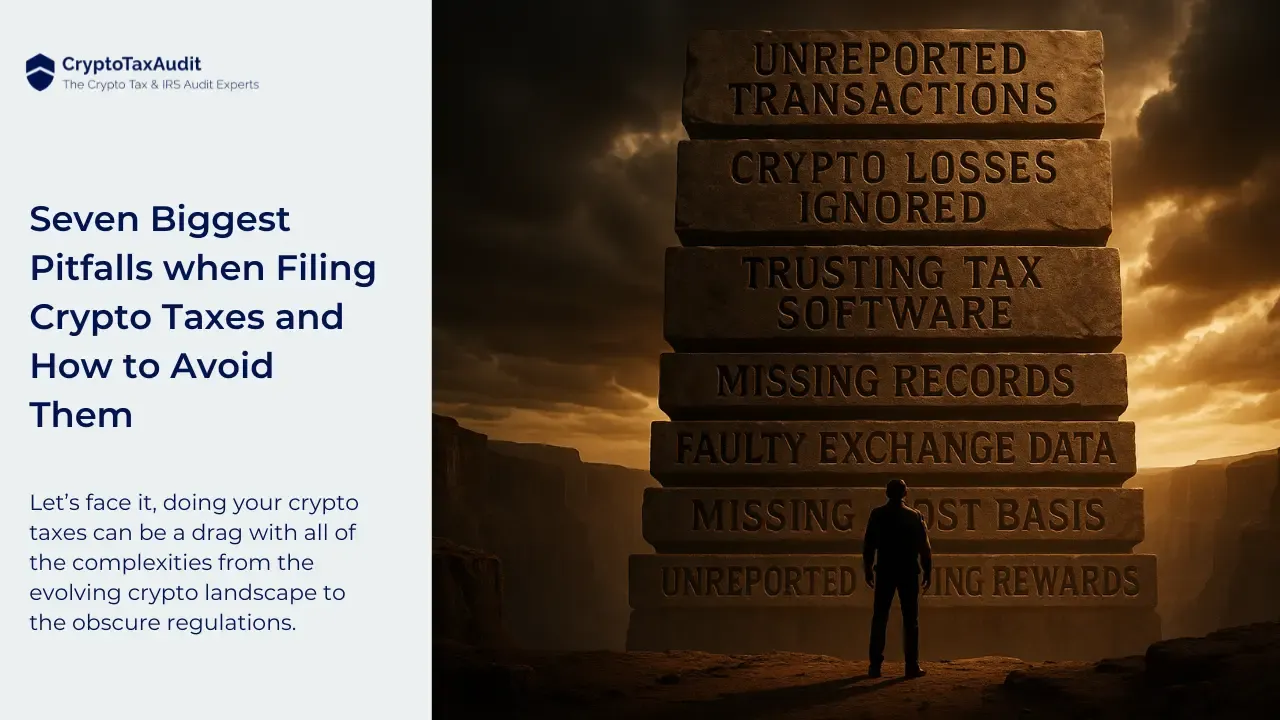
In a significant move that has caught the attention of cryptocurrency enthusiasts and investors alike, the IRS has recently introduced the draft Form 1099-DA, specifically designed to report digital assets. This marks a new chapter in the monitoring and reporting of digital asset transactions in the United States.
Understanding Form 1099-DA
Form 1099 is a familiar document to many, serving as a means for companies to report payouts to both the IRS and the individual concerned. The addition of Form 1099-DA, with "DA" standing for Digital Assets, introduces a new era of transparency and regulation.
The backstory to this regulatory step begins in 2021 when changes to tax law necessitated reporting broker-dealer transactions involving digital assets. Cryptocurrencies, now officially referred to as digital assets by the IRS, have thus been brought further into the regulatory fold.
The IRS's comprehensive regulations surrounding digital assets took shape after releasing a draft version in August 2023 and receiving tens of thousands of comments from the public. Despite expectations for a quicker formalization, the process has been meticulous, reflecting the complexity and importance of these regulations.
Surprising to many is the requirement for unhosted wallet providers to report to the IRS. Many such providers and other crypto brokers may leave the US marketplace than to comply with the new regulations.
Key Features and Implications
Form 1099-DA mirrors the structure of the well-known 1099-B form used for broker transactions. It requires detailed reporting of each trade, including information about the buyer, seller, purchase and sale prices, and dates of transactions. Notably, the form also asks for information on wash sales—a concept not previously applied to cryptocurrencies but one that might see changes with the Biden 2025 budget proposing the taxation of such sales.
Perhaps the most groundbreaking aspect of Form 1099-DA is the requirement to report the digital asset addresses involved in transactions. This means that the blockchain addresses from which assets are sold and received must be disclosed, allowing for an unprecedented level of transparency and tracking of digital asset movements.
What This Means for Investors
For digital asset investors and holders, the introduction of Form 1099-DA signifies a shift towards greater accountability and scrutiny of their transactions. It reminds them of the importance of maintaining thorough records and being prepared for a more transparent relationship with regulatory bodies.
As the digital asset industry continues to mature, the IRS's efforts to adapt and refine its approach to taxation and regulation will undoubtedly continue. Form 1099-DA is a significant milestone in this journey, reflecting the growing recognition of digital assets as a permanent fixture in the financial world.
Conclusion:
At CryptoTaxAudit, we are dedicated to advocating for crypto owners and ensuring they receive fair treatment. Our area of expertise is in defending crypto tax returns. We are proud to have a remarkable track record of taking numerous cases to tax court, which is quite a rarity in this field.
As a crypto owner, you need to ensure that you're well-protected against potential IRS audits. That's where CryptoTaxAudit comes in. As experienced traders ourselves, we're dedicated to safeguarding your portfolio so you can rest easy knowing that you're in capable hands.
Contact CryptoTaxAudit.com today, and let us take care of the IRS while you concentrate on the charts!
Related Articles:
Understanding Form 1099-DA and Its Impact on Crypto Reporting





